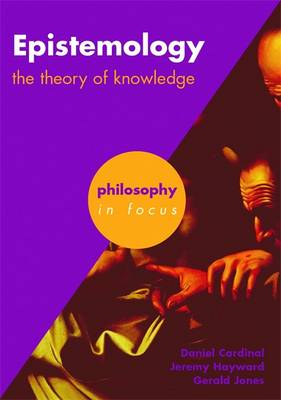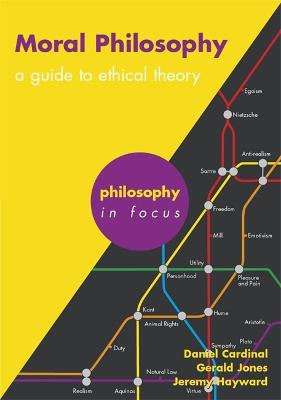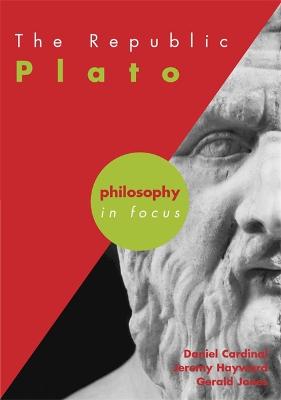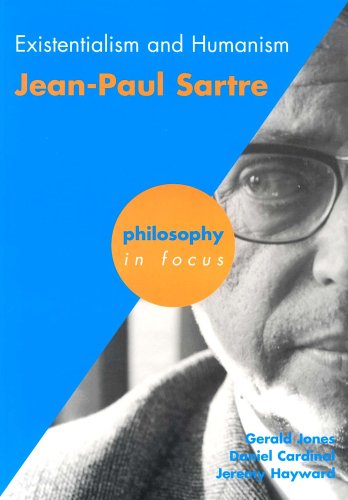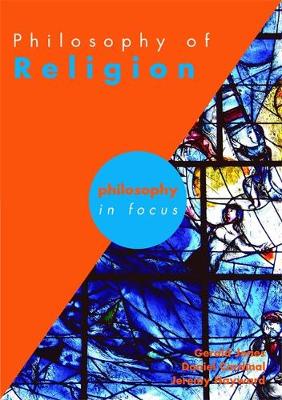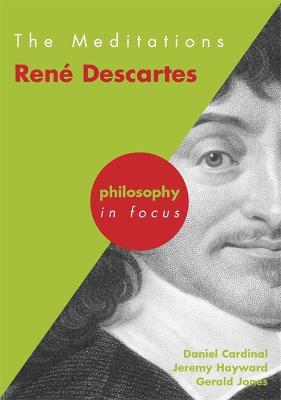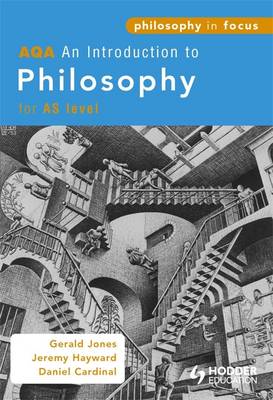Philosophy in Focus
7 total works
An accessible, student-centred guide to the key ideas in moral philosophy. Suitable for both A Level and undergraduate study.
This book provides an accessible, readable, student-centred guide to moral philosophy. Through lucid explanation, careful use of modern examples and engaging activities it leads students towards deeper understanding of all the key issues in the study of ethics.
Key features include:
- a clear overview of the key ideas in moral philosophy, including detailed examination of the prescribed areas of study: meta-ethics, prescriptive ethics and applied ethics
- application of those ideas to the contemporary issues of abortion, euthanasia and animal rights
- imaginative tasks and activities to stimulate thought and explore ethical ideas in an engaging and motivating way
- key quotes from the significant writers, and interesting examples of ethical debate in film and literature
- a critical analysis of the various ethical theories
- end-of-chapter key point summaries covering what readers need to know to answer exam questions on moral philosophy and ethics
- an extensive glossary of key words and ideas
- thorough referencing to enable students to follow up key ideas and quotes in independent study.
This book provides an accessible, readable, student-centred guide to Plato's Republic which is a set text for AQA AS Philosophy.
Through lucid explanation, careful use of modern examples and engaging activities it leads students towards deeper understanding of Plato's arguments and the wider philosophical implications of his ideas.
Key features include:
- a biographical introduction setting The Republic in its historical context
- a step-by-step guide through the text of The Republic including key quotes
- tasks and activities to stimulate thought and help readers understand and evaluate Plato's philosophy
- a critical analysis of the philosophical implications of Plato's ideas
- end-of-chapter key point summaries covering what readers need to know to answer exam questions on The Republic
- an extensive glossary of key words and ideas
- thorough referencing to enable students to follow up key ideas and quotes in independent study
Existentialism and Humanism
by Gerald Jones, Jeremy Hayward, and Dan Cardinal
The Meditations: Rene Descartes
by Dan Cardinal, Jeremy W. Hayward, and Gerald Jones
This book provides an accessible, readable, student-centred guide to Descartes' Meditations, which is a set text for AQA AS Philosophy.
Through lucid explanation, careful use of modern examples and engaging activities it leads students towards deeper understanding of Descartes' arguments and the wider philosophical implications of his ideas.
Key features include:
- a biographical introduction setting The Meditations in its historical context
- a step-by-step guide through the text of The Meditations including key quotes
- tasks and activities to stimulate thought and help readers understand and evaluate Descartes' philosophy
- a critical analysis of the philosophical implications of Descartes' ideas
- end-of-chapter key point summaries covering what readers need to know to answer exam questions on The Meditations
- an extensive glossary of key words and ideas
- thorough referencing to enable students to follow up key ideas and quotes in independent study.
AQA an Introduction to Philosophy for AS Level
by Jeremy Hayward, Dan Cardinal, and Gerald Jones
2 The idea of God 3 Persons 4 Reason and experience 5 The debate over free will and determinism 6 God and the world 7 Knowledge of the external world
